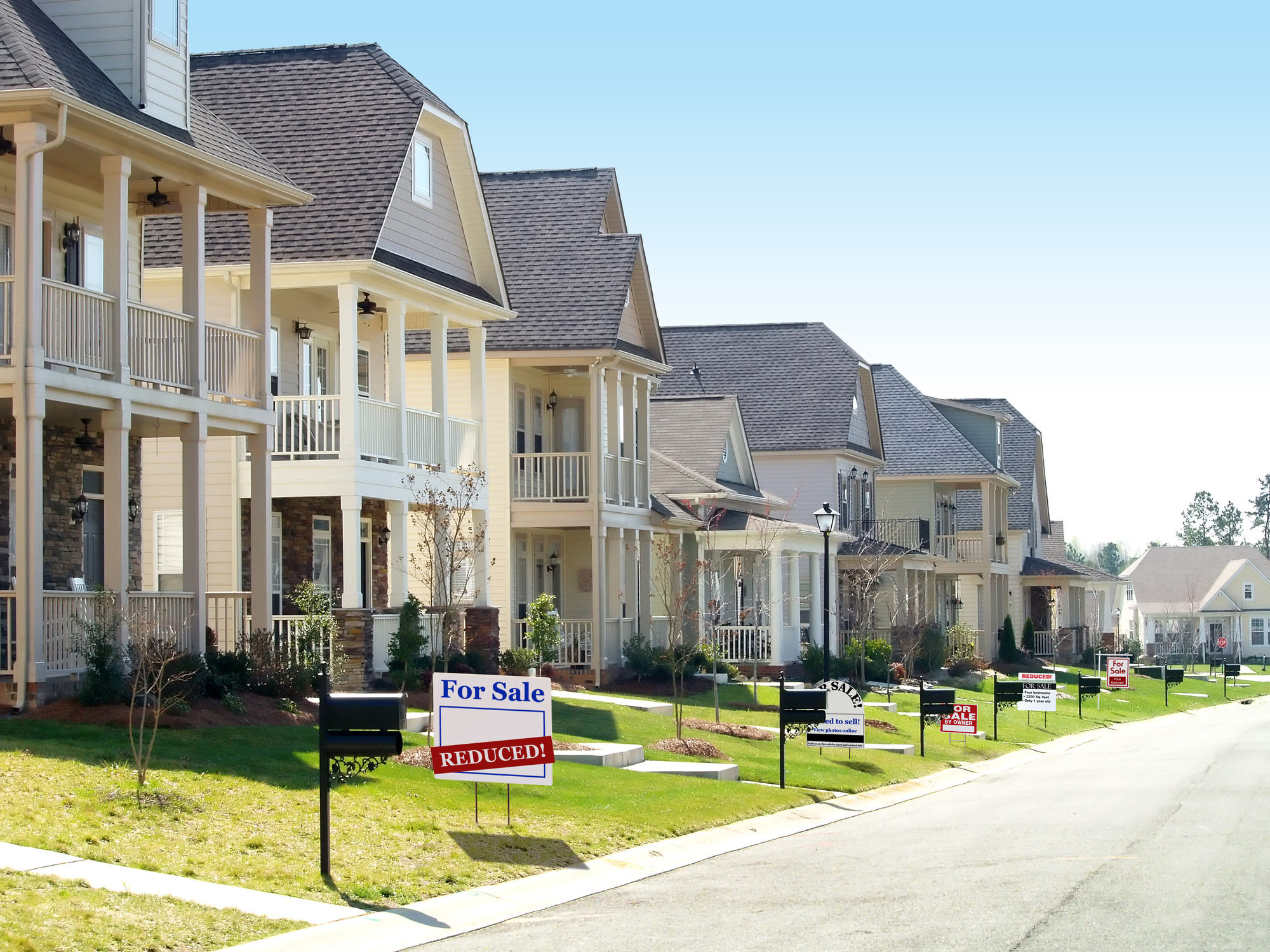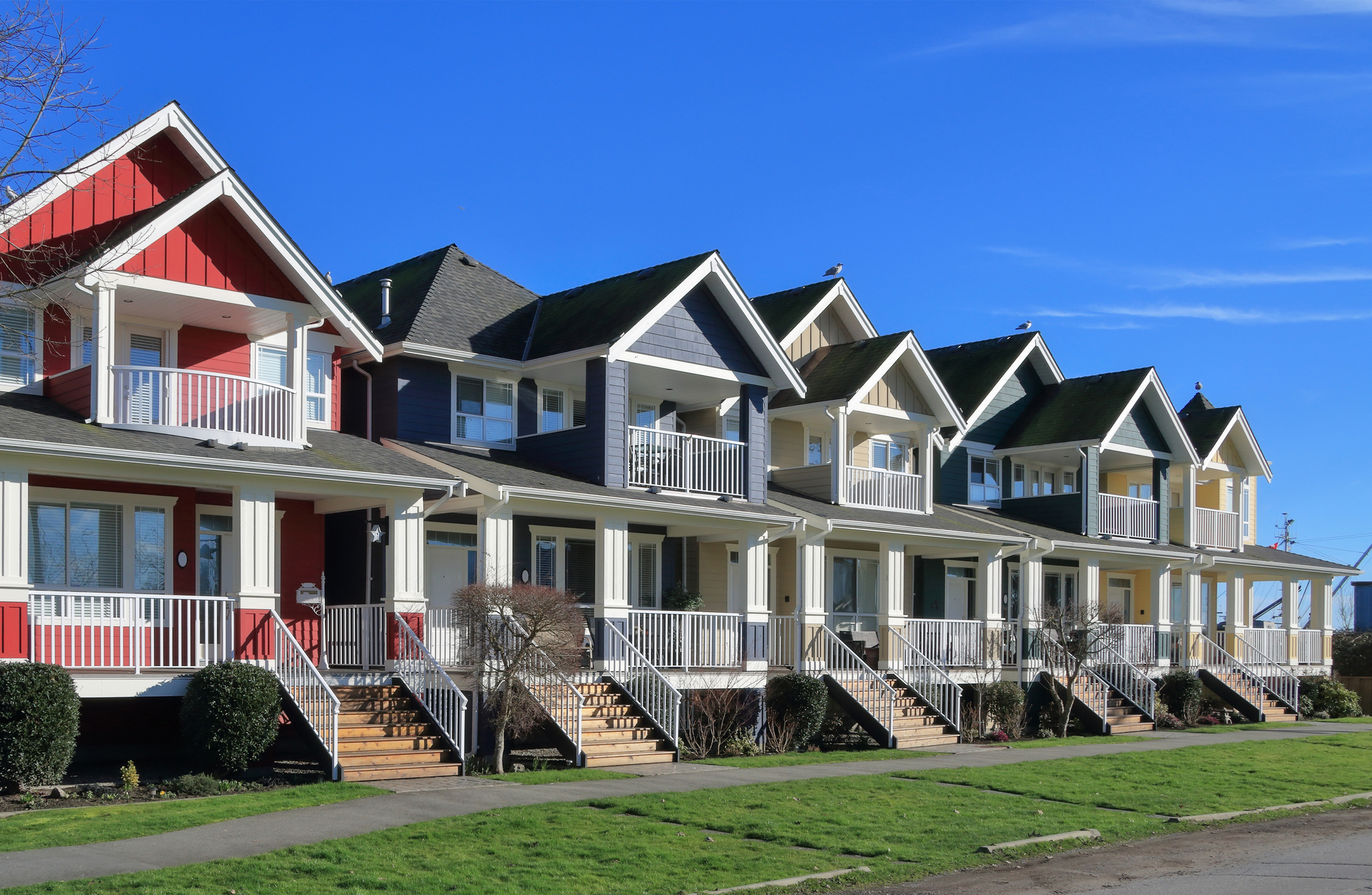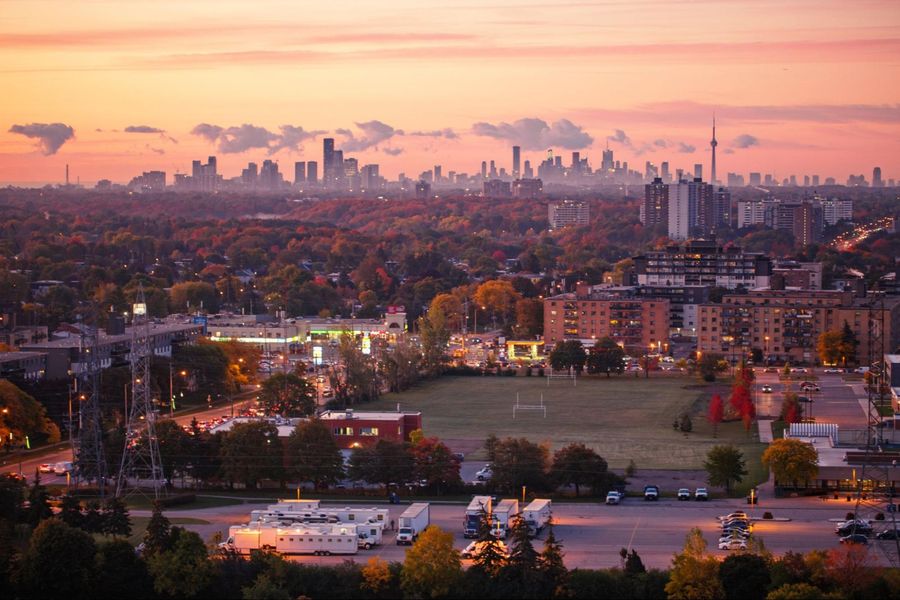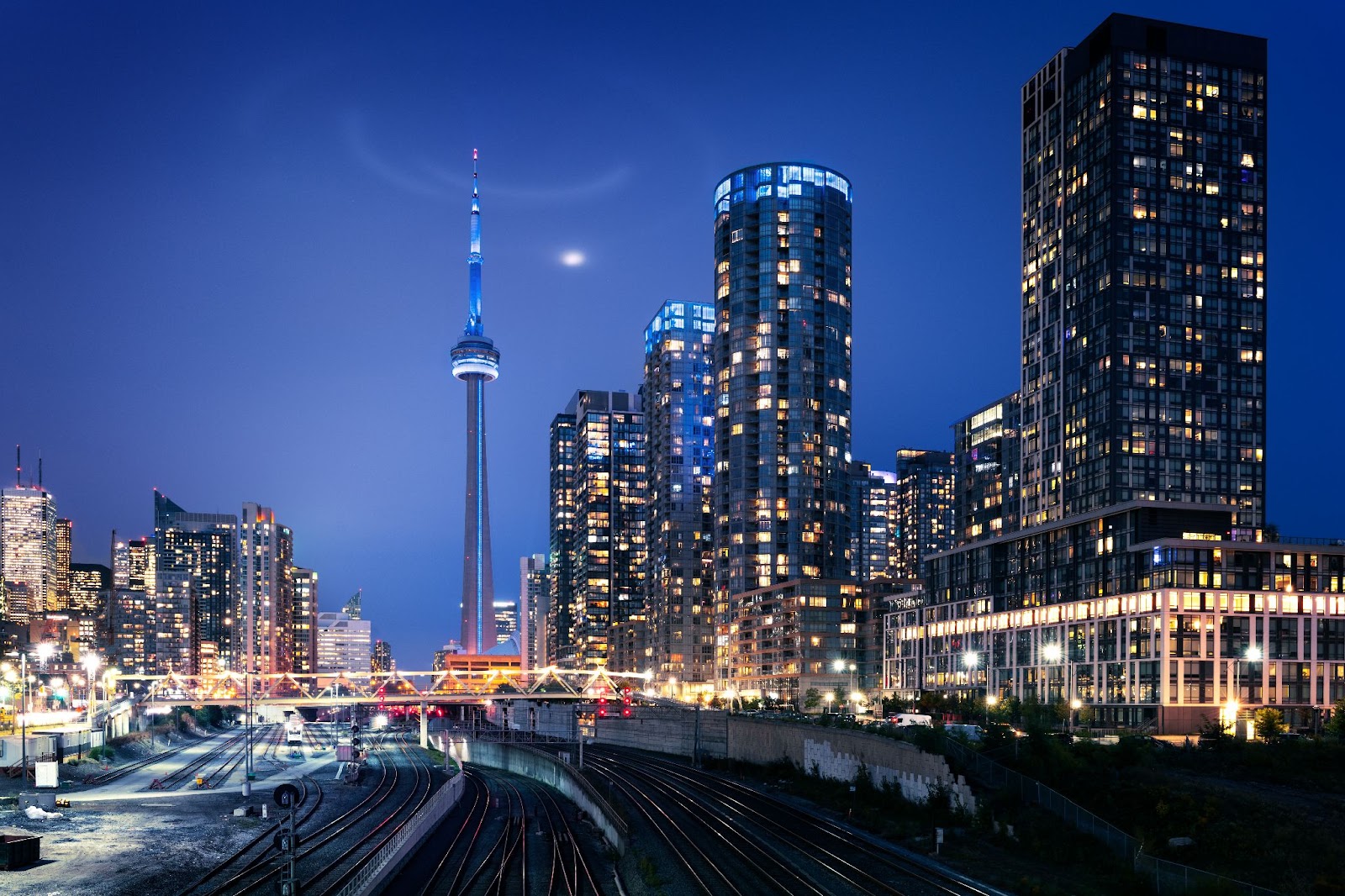Last Updated on October 24, 2023 by Corben Grant
Last week, Vancouver received a top 10 ranking in a global assessment of the worst real estate housing bubbles in the world. This, along with other bad omens and the troubling course of the housing market generally has many housing market watchers wondering if Vancouver is on course for a catastrophic housing correction. However, other sources say Vancouver itself actually seems to be in a better condition than previous years, and in a better place than other Canadian cities.
It seems Vancouver is currently in a questionable spot. While many institutions are warning of a cooling off or downturn in the Canadian housing market, whether this comes as a gradual decrease, a bubble pop remains to be seen.
Overall, it isn’t all bad news for Vancouver, though the outcome is far from settled.
In this article, we will look at some of the good news and some of the bad news for Vancouver’s housing market.
The bad news for Vancouver For those paying attention to the Vancouver housing market in the past year, there seems to be no shortage of cause for concern. Some of the more troubling factors ongoing in the Vancouver housing market include:
Potential for a housing bubble
As we mentioned above, Vancouver received a number six placement on the UBS Global Real Estate Bubble Index. This index ranks 25 major cities across the globe on the health of their real estate market and the risk of a bubble scenario.
Vancouver has appeared high on the list many times and a bubble has yet to pop. UBC does not claim to predict the future but merely looks at indicators of potential downturns.
Supply shortages plague the housing market
One of the biggest issues facing Vancouver right now is a shortage of inventory. The Greater Vancouver Real Estate Board highlighted once again in their monthly report for October that the amount of housing available in Vancouver is “insufficient” to address demand.
According to GVREB, the city saw around 9,000 listings in the month of September. Not bad, except that it’s 29% lower than the same month in 2020 and 27.7% down from the 10-year average for listings.
However, even with fewer active listings, sales in Vancouver were 20% above the 10-month average.
A big issue for housing supply is the lack of new developments. The rate of population growth in Canada, from births and immigration, is outpacing the ability for new homes to be built. In addition, some say that measures such as those to limit rent disincentivize developers to build new units.
There is also the concern at the number of homes being bought and left unoccupied. One study found that in 2016, Metro Vancouver had over 65,000 homes that were either unoccupied or lived in for only brief periods in a year. The problem was concerning enough that Vancouver instituted a Vacant Home Tax. Other cities such as Toronto have followed suit.

Prices continue rising
Canadian real estate prices have continued their rapid rise for the last couple of years with Vancouver being no exception. The worst-hit is the price of detached homes with the benchmark price in Vancouver reaching upwards of $1,800,00 in September.
Multiple factors drive price increases, but limited supply has had a huge effect. With less choice available, buyers are forced to be more competitive and sellers are allowed to be more generous with their asking prices. And, in a major city like Vancouver that has regular population growth, demand is set to remain steady.
Another factor pushing up the average home price is the low interest rates currently available in Canada. With interest rates hitting record lows, buyers are able to take on larger mortgages than ever before, but this is also what has been driving prices upward. Canadians collectively owed $1.7 trillion in mortgage debt in September of 2020. Such a large amount of household debt could mean trouble for lenders if rates jump or property values fall.
Finally, though the housing market has been cooling off for a while now, we are still feeling some of the effects of the buying frenzy that began in the middle of 2020. Many people were so desperate to buy homes that they paid far more than they needed to and drove prices up very quickly. It will take some time before attitudes cool along with the market.
Money laundering in Vancouver real estate
This one might seem a bit out there at first, but apparently, money laundering is a rampant issue driving up home prices in Canada and Vancouver. For example, the Expert Panel on money laundering in BC real estate indicated that money laundering accounts for a 3.7-7.5% increase in property prices.
The scheme involves purchasing homes with illicit funds, often through shell companies that obscure the owner’s identity and then sell it for a profit and receive clean money on the other side.
According to experts, Canada’s relatively lax rules have made it attractive to those hoping to obscure ill-gotten funds. Recent laws for the real estate industry are now just starting to address this issue.

The good news for Vancouver
If you’ve made it this far, perhaps your outlook on the Vancouver real estate market has become somewhat jaded. Don’t despair just yet. For the first time in months, there is actually a lot of good news coming out of Vancouver as well. Some of these new developments include:
CMHC lowers vulnerability ranking for Vancouver real estate
The Canada Mortgage and Housing Corporation (CMHC) has released monthly reports on the health of various Canadian markets. They assign rankings to the cities based on various points of imbalance within the market. In March of 2021, Vancouver received a ranking of moderate vulnerability.
In the most recent report for September 2021, this has been downgraded to a low ranking. In the areas of overheating, price acceleration, and overvaluation, Vancouver received a low ranking, with only excess inventories being ranked at moderate vulnerability.
This means that, at least according to the CMHC, the risk of a downturn in Vancouver is low for this quarter.
Rising interest rates
This month most of the major Canadian banks began raising their rates gradually in response to increasing government bond yields and an economy generally getting back on track after a major interruption.
Now, of course, low rates are attractive to buyers, who stand to save thousands of dollars on their mortgage, so why should this be cause for celebration? Even though you save on interest payments, the upward pressure that low-interest rates have on prices often cancels out the benefit.
The major plus of rising rates is what it means for the Canadian economy. While we can’t blame all of our housing woes on the pandemic (many of our issues began long beforehand), the pandemic certainly did not help. Rising bond yields and interest rates stand as a sign towards what many analysts see as a return to health for the Canadian economy and with it a healthier environment in real estate.
New provincial and federal initiatives take aim at the affordability crisis
The housing crisis was a major platform issue for all major parties in the recent federal election and in last year’s provincial election in British Columbia. What that means is that new legislation could be incoming to help combat the crisis and guide us away from catastrophe.
So what does the Canadian government propose to address issues in the Canadian housing market? Firstly, they propose to make buying a home easier, especially for first-time buyers. They also want to build and repair more affordable units than before.
Finally, they want to crack down on practices such as and foreign speculation, in order to cool down the housing market. Currently, foreign investors are able to buy residential real estate in Canada and do so quite regularly. Many blame the housing crisis on this fact, though others say this is an oversimplification.
At home in British Columbia, the provincial government has some new ideas for housing as well. Their major goal is to improve affordable housing options for British Columbians and they’ve proposed a few ways to get there.
Their major focus is on new home development and increasing the rate at which new homes are built. In particular, they want to focus on building affordable homes, up to 114,000 in the next 10 years.
As with any political promises, we need to wait and see if the changes are effective. That is if . One thing of note however is that the issue of the housing crisis is generally agreed upon by all major parties. This means Canadians nearly universally want change and puts extra pressure on those in power to deliver on their promises.
Canadian real estate bubble may be deflating slowly

Recently trends have begun showing strong signs of slowing from their breakneck pace. Not quite the downturn many feared, but more of a slow deceleration.
CREA says “conditions are stabilizing”
According to Cliff Stevenson, chair of the Canadian Real Estate Association (CREA), in their most recent report “September [2021] provided another month’s worth of evidence from all across Canada that housing market conditions are stabilizing near current levels”
Shaun Cathcart, senior economist at CREA said that “the small changes observed in most key housing market metrics over the last couple of months suggest that the worst of the pandemic-related volatility we’ve experienced since last spring is in the rear-view mirror at this point.”
However, Stevenson highlights one problem that still remains.
“The issue is that demand/supply conditions are stabilizing in a place that very few people are happy about.”
TD Economics report supports claims of correction
Another report by TD Economics indicates that the Canadian market may be “comin’ down the mountain” and that sales have “begun their correction in earnest”.
The TD Economics report outlines how not only do prices and sales seem to be correcting as predicted, they are beginning to do so sooner than they forecasted. That being said, they also predict a continued demand for sales in the months to come.
“For one, robust economic growth should support rising job growth and household incomes. Second, we expect population growth to pick up in the second half of the year (2022), supporting investor demand,” reads the report.
Other institutions, including the BC Real Estate Association, have followed TD Economics and CREA in signaling similar leveling trends in housing.
The overall outlook for Vancouver’s near future
Earlier in the year as the market approached its peak, many were fearing the repercussions of such a prosperous market. At the time things were changing almost weekly, and speculation of doom was on many people’s minds. Moving forward to today, however, many indicators are looking up for Vancouver.
For those holding their breath for a major collapse in Vancouver, you can breathe now. At its worst it seems that a minor correction is in store for the near future, reflecting more realistic pre-pandemic numbers. For the time being it seems the Vancouver bubble will hold.
Corben joined CREW as a relative newcomer to the field of real estate and has since immersed himself and learned from the experts about everything there is to know on the topic. As a writer with CREW, Corben produces informative guides that answer the questions you need to know and reports on real estate and investment news developments across Canada. Corben lives in Guelph, Ontario with his partner and their two cats. Outside of work, he loves to cook, play music, and work on all kinds of creative projects. You can contact Corben at corben@crewmedia.ca or find him on Linkedin at https://www.linkedin.com/in/corbengrant/.









